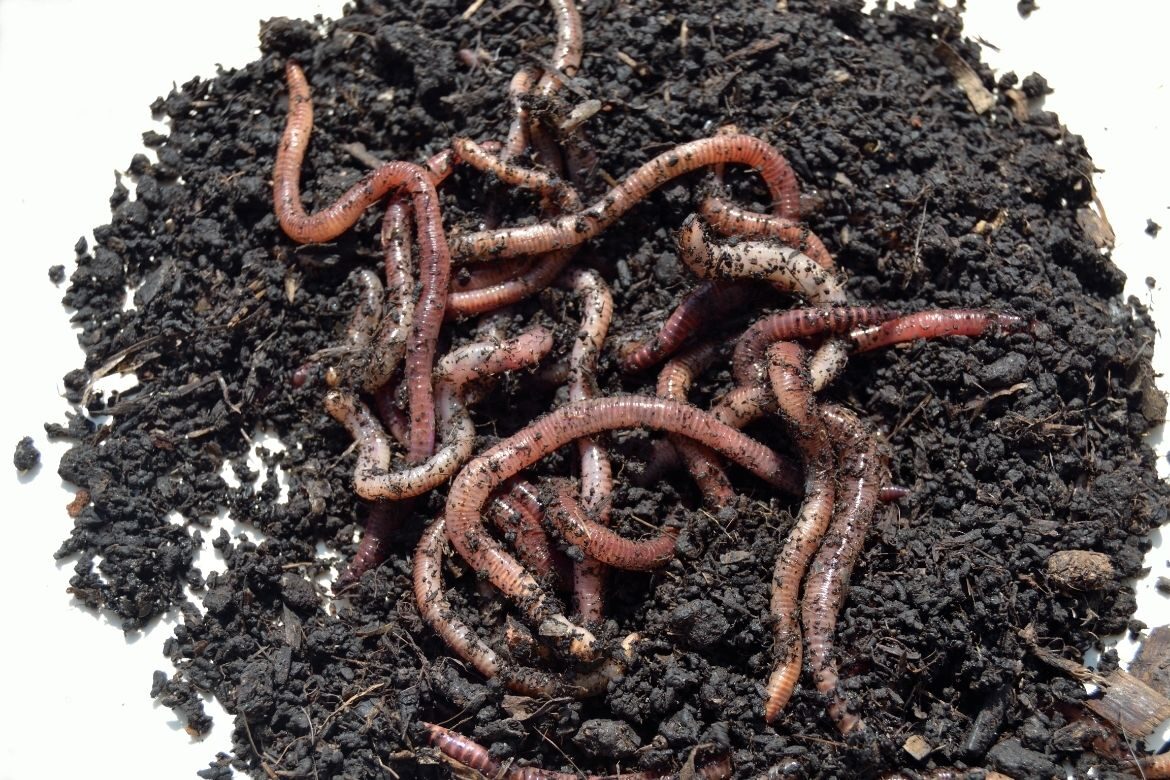Most gardeners value of the input of earthworms to their land, and new research released by University College Dublin (UCD) confirms that they are likely to do the same job as high-cost soil fertilisers.
A School of Agriculture and Food Science study by Professor Olaf Schmidt has found that earthworms rapidly enrich soil and plants through nitrogen excreted in their mucus. Their ability to enrich soil has long been valued as beneficial, but indirect, slow and cumulative, but Professor Schmidt said the study reveals that this may not actually be accurate.
He explained, in a journal of Soil Biology and Biochemistry, that researchers from Ireland, Germany and China tracked nutrient transfer from earthworms into soil, wheat seedlings, and greenflies using a method called stable isotope tracers. They found earthworm-derived nitrogen was acquired by greenflies after just two hours under laboratory conditions, and after 24 hours in the field.
Professor Schmidt said, “The real novel insight [we found] is that nitrogen from worms is going into crops really fast. This is very exciting because it suggests that earthworms probably supply nitrogen directly to crops, and they do it exactly when crops need it most because both earthworm activity and crop growth are sort of synchronised, by environmental factors, mostly temperature and moisture.”
“This could be significant for farmers trying to reduce their use of synthetic fertiliser at a time when the cost of synthetic fertiliser has sharply risen,” he added.
“This work could inform how farmers manage land, soil life and nitrogen supply. By adopting cropping practices that promote earthworms, these dynamic nitrogen benefits will also be maximised. We knew from previous research that good earthworm populations contribute agronomically significant amounts of nitrogen to the soil, but we did not know that they can supply crops with nitrogen in such a dynamic fashion.”
“I don’t think earthworms will replace all mineral and organic fertilizers, but their full use as a natural nutrient supply could offset the use and cost of mineral/synthetic fertilizers,” he concluded.
LSL News.

